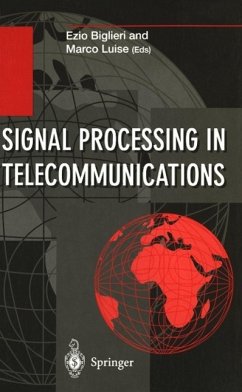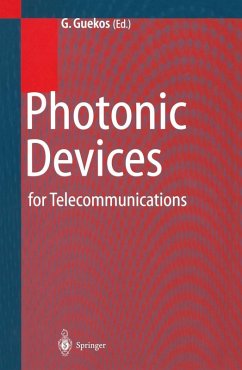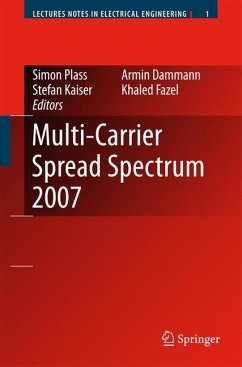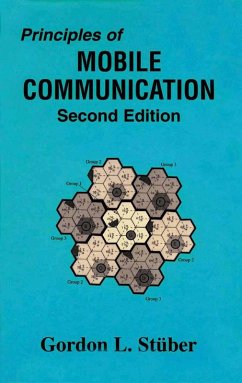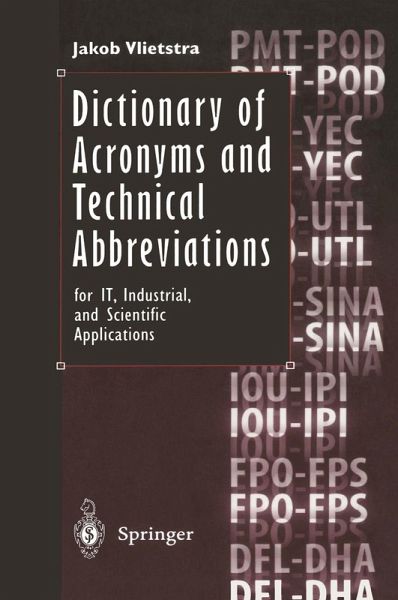
Dictionary of Acronyms and Technical Abbreviations (eBook, PDF)
for IT, Industrial, and Scientific Applications

PAYBACK Punkte
31 °P sammeln!
My first encoWlter with acronyms took place when I was ten years old and growing up in an occupied COWltry during the Second World War. My father proudly annoWlced one day that, despite the ban imposed by the occupying administration, he had managed to get a radio installed and could receive the BBC. (All acronyms used in this introduction are listed in this dictionary.) To me the meaning of"BBC" was that we would receive different information about the war than we got from the usual censored broadcasts. There was, of course, the well-known acronym associated with the nT, but at that time I di...
My first encoWlter with acronyms took place when I was ten years old and growing up in an occupied COWltry during the Second World War. My father proudly annoWlced one day that, despite the ban imposed by the occupying administration, he had managed to get a radio installed and could receive the BBC. (All acronyms used in this introduction are listed in this dictionary.) To me the meaning of"BBC" was that we would receive different information about the war than we got from the usual censored broadcasts. There was, of course, the well-known acronym associated with the nT, but at that time I did not realize that it meant more than the postal service, in those years a deteriorated service. Gradually the daily use of acronyms grew. Most of the newly acquired three-and four-letter abbreviations referred to organiza tions, such as the broadcasting corporations in The Netherlands and Belgium, and references to coWltries such as the USA, USSR, and UK. When attending high school (the HBS) after the war, my knowledge of acronyms grew slowly. Even during the ten years I spent in the Dutch Merchant Marine (the GHV), the number of acronyms was limited to ad vanced equipment that eventually became known as RADAR, LORAN, and DECCA.
Dieser Download kann aus rechtlichen Gründen nur mit Rechnungsadresse in A, B, BG, CY, CZ, D, DK, EW, E, FIN, F, GR, HR, H, IRL, I, LT, L, LR, M, NL, PL, P, R, S, SLO, SK ausgeliefert werden.



